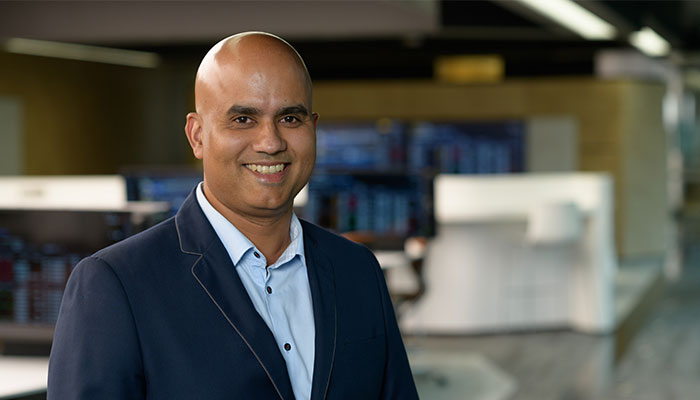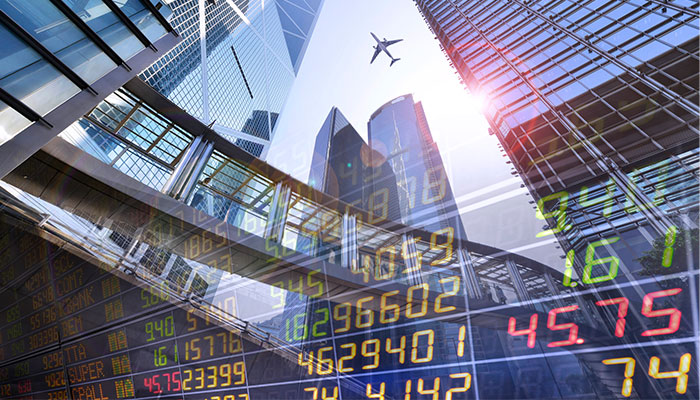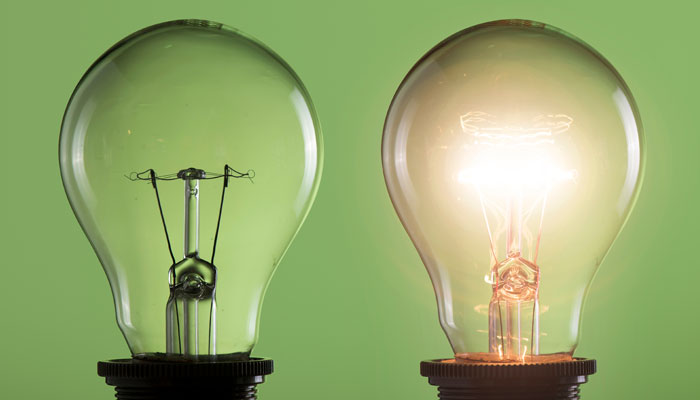According to the price trend indicator on the NSW Government FuelCheck website, the average price** for E10 fuel rose from 138.8 cents per litre (cpl) on October 17 to 153.9 cpl on October 24.

Bowser blues: Dr Lurion De Mello says the ACCC should be doing more than just recommending consumers shop around.
But there has been no significant event or negative news report that has caused this price rise, says Dr Lurion De Mello, Senior Lecturer in the Department of Applied Finance at the Macquarie Business School and a member of the International Association for Energy Economics.
“Oil prices were $US70 a barrel six months ago and are currently trading at around $US59 a barrel. Petrol prices were not higher then, so why should they be up now?”
Coles Express was Australia's most expensive petrol retailer last year in Sydney, Melbourne, Brisbane, Adelaide and Perth, according to a 2018 ACCC report. The same report suggested the independent retailers were generally the cheapest.
The price discrepancy is just alarming. Coles seems to have the highest prices across both affluent and lower socio-economic status suburbs in all the fuel categories.
Coles Express offers a 10 cpl discount if you spend more than $20 in store, which can be added to a Coles Supermarket 4 cpl discount. But is this a discount off already inflated prices?
“The price discrepancy is just alarming,” says De Mello. “Coles seems to have the highest prices across both affluent and lower socio-economic status suburbs in all the fuel categories. I have also noticed that 7-Eleven has increased its prices, especially at those outlets close to a Coles Express station.
“If you dig into competition further, a cluster of petrol stations on the same side of the road often have the lowest prices. For example, three stations in West Ryde are offering Premium 98 fuel for around 150 cpl, while Coles in West Ryde is almost 50 cpl higher!”
Dr De Mello believes the ACCC should be doing more than just recommending we shop around.
- Six things you should do before you quit working
- Designer bacteria could fuel the future with cheap hydrogen
“The ACCC claim they are aware of high price cycles but have not done much to obtain clear statements from retailers about why prices are so high at the beginning of the price cycle. In the past, the industry body has justified high prices as a recouping of higher compliance costs in NSW and Queensland.
"Claims such as these should be substantiated. If banks increase their fees, the ACCC is quick to jump on it, but it seems they are not as scrupulous when it comes to high fuel prices and increased profit margins. Perhaps the ACCC should insist on a price cap of, say 25 cpl, above the average price.”
De Mello has previously stated that retailers generally have about a 15 per cent margin, with the rest of the bowser price comprised of importation costs and taxes. In the current cycle, retailers are raking in around 29 cpl for Premium 98 fuel. Can this be justified?
These costs should really be reflected in December prices when the cargoes are delivered, rather than used to justify jacking up prices at the bowser this week.
“If it is not a deliberate move to artificially inflate prices, other factors contributing to the current spike could be higher costs resulting from refinery maintenance in Australia and Asia, the likelihood of a lower Australian dollar for the foreseeable future and a possible delay in crude oil shipments to Asia as a result of the recent attack on Saudi oil refineries. Further, a US sanction on Chinese tanker companies in September increased freight rates for crude oil cargoes from the Middle East to Asia.
“Perhaps we are seeing some of these costs being factored in early. But these costs should really be reflected in December prices when the cargoes are delivered, rather than used to justify jacking up prices at the bowser this week."
De Mello believes the FuelCheck app is a great tool and suggests all consumers download it and compare prices before heading out to fill up.
**PRICES CORRECT AT TIME OF PUBLICATION
Dr Lurion De Mello is a Senior Lecturer in the Department of Applied Finance at the Macquarie Business School.



